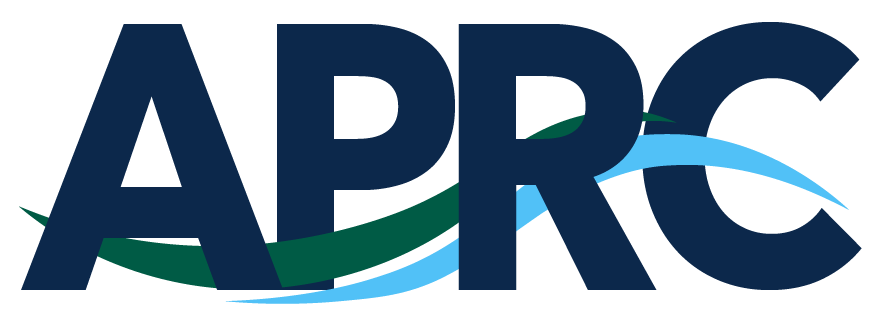The Role of Policy Advocacy in Sustainable Development
Policy advocacy is a powerful tool for influencing regulatory frameworks and public policies, particularly in the context of sustainable development. In the Asia-Pacific region, where diverse socio-economic and environmental challenges coexist, effective advocacy is essential for promoting practices that ensure the well-being of communities and the preservation of resources for future generations. The Asia-Pacific Regulatory Centre (APRC) is committed to leveraging policy advocacy to drive meaningful change and support sustainable development initiatives across the region.
Understanding Policy Advocacy
Policy advocacy involves efforts to influence decision-makers to adopt specific policies or regulations that can lead to positive changes in communities and sectors. It encompasses a range of activities, including:
- Research and Analysis: Conducting studies to understand issues and inform advocacy strategies.
- Stakeholder Engagement: Building coalitions among stakeholders, including civil society, industry, and government.
- Public Awareness Campaigns: Promoting understanding of key issues among the general public and decision-makers.
- Direct Lobbying: Engaging with policymakers to advocate for specific changes in legislation or regulation.
Effective policy advocacy transforms research and community needs into actionable change, ensuring that the voices of various stakeholders are represented in decision-making processes.
Key Issues in the Asia-Pacific Region
The Asia-Pacific region faces critical regulatory issues that have significant implications for sustainable development. Some key challenges include:
- Environmental Sustainability: Addressing climate change, conserving biodiversity, and promoting sustainable natural resource management are pressing concerns.
- Social Equity: Ensuring that marginalized and disadvantaged communities are included in the benefits of development requires intentional advocacy to promote inclusive policies.
- Economic Development: Policies that foster innovation, job creation, and sustainable economic growth are essential for long-term prosperity.
Advocacy efforts must prioritize these issues, ensuring that the regulatory frameworks address both immediate needs and long-term sustainability goals.
APRC’s Advocacy Campaigns
APRC actively participates in policy advocacy efforts aimed at improving regulatory frameworks in the Asia-Pacific region. Here’s how we approach our advocacy campaigns:
- Evidence-Based Research:
- Our advocacy campaigns are grounded in rigorous research that provides insights into the challenges facing the region. We conduct analyses to identify gaps in existing regulations and propose evidence-based solutions to address them.
- Strategic Stakeholder Engagement:
- We engage with a diverse array of stakeholders, including government officials, NGOs, private sector representatives, and community leaders. By facilitating dialogue among these groups, we foster a collaborative environment for addressing regulatory challenges.
- Clear and Compelling Messaging:
- Crafting targeted messages that resonate with different audiences is critical. We utilize various communication channels—social media, policy briefs, and public forums—to raise awareness and gather support for our advocacy efforts.
- Building Coalitions:
- APRC is committed to working in coalition with like-minded organizations and advocacy groups. These partnerships amplify our voice and strengthen our influence on policymakers, making a collective impact more attainable.
- Monitoring and Evaluation:
- We set clear objectives for our advocacy campaigns, allowing us to measure and evaluate the impact of our efforts effectively. By assessing successes and challenges, we continuously improve our strategies and approaches.
Measuring Success and Impact
Success in policy advocacy is not just about immediate legislative victories; it is also about long-term change and sustained impact. APRC measures the effectiveness of our advocacy in several ways:
- Policy Changes: Tracking instances where our advocacy has led to specific regulatory reforms or the adoption of new policies.
- Increased Engagement: Evaluating the level of stakeholder engagement and collaboration around key initiatives.
- Community Impact: Gathering feedback from communities about how changes in policy have affected their lives positively.
Policy advocacy is integral to shaping the regulatory landscape for sustainable development in the Asia-Pacific region. The collaborative efforts of diverse stakeholders, coupled with evidence-based research and strategic messaging, can lead to meaningful changes that address the pressing challenges we face.
The Asia-Pacific Regulatory Centre invites all stakeholders—governments, civil society, and businesses—to join us in our advocacy efforts. Together, we can promote effective regulatory frameworks that support economic growth, protect the environment, and ensure social equity for present and future generations.
Get involved in policy advocacy today—every voice matters in the fight for sustainable development!
